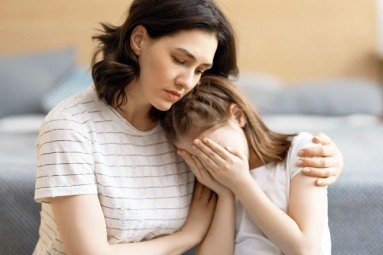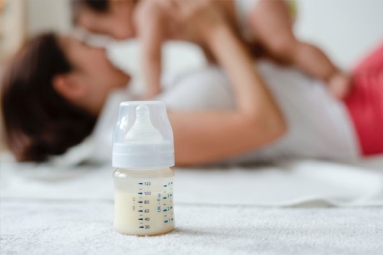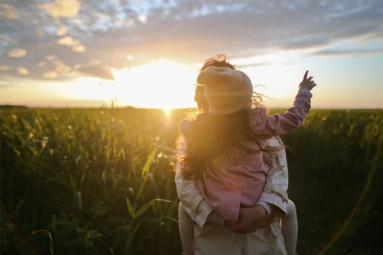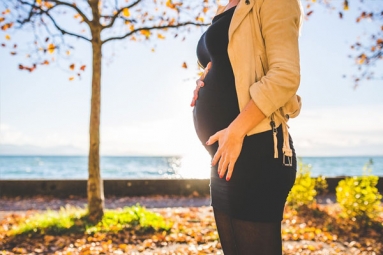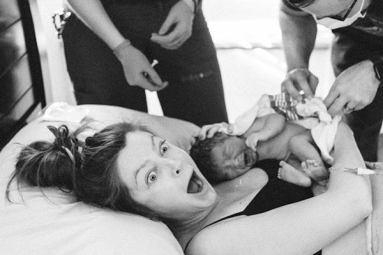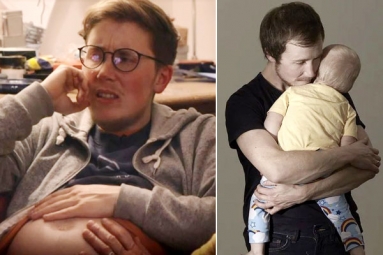It’s Better to Tell Children Truth About Their Adoption Sooner Than Later, Suggests Study
July 17, 2019 07:43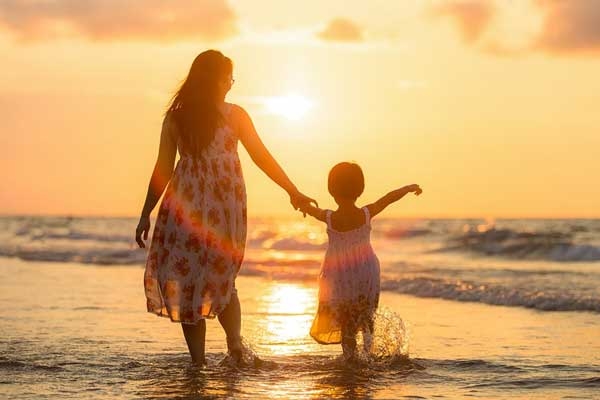
Adopted children go through greater distress if they’re told after age 3 that they are adopted, according to a study published in the Journal of Family Issues.
According to the study, “Delaying Adoption Disclosure: A Survey of Late Discovery,” people who received the news of their adoption as young adults or adults have less life satisfaction than people who found out as young children. By the way, most of the researchers who helped carry out the survey were also adopted.
This study contradicts previous studies that recommend parents tell children between ages 4-15 that the child is adopted, or wait until the child is an adult to reveal the news.
254 adoptees took a survey consisting of the K10 (Kessler Distress Inventory), which is used to measure depression and anxiety, and a 10-item questionnaire called the World Health Organization Quality of Life Scale-BREF, an internationally accepted, cross-culturally comparable quality-of-life assessment. Open-ended individual questions regarding mental health and demographic details were also collected.
Discovering one is adopted requires psychological work to reconcile at any age. But beyond dealing with more distress, people who discovered at a later age that they were adopted also indicated a need of open communication with their parents.
Often, parents who delay telling the truth about or who deny adoption spin a web of lies to keep their child’s birth status under wraps. Holding up these lies and secrets can have an unfavorable impact on everyone involved.
Denial of adoption, or delayed disclosure, can create barriers in a person’s development; people who discovered their adoption status much later go through critical development stages believing one set of facts about their origin, only to have it falsified later. This means they must revisit these developmental stages with a different set of facts about who they are, while also dealing with a sense of betrayal due to familial secrecy.
Regarding how she felt post-disclosure, an adult woman in the study said, “Realizing that you don’t know who you are is life-changing. Every relationship in my life changed at that moment. I am much more guarded in every aspect now. Finding out that everyone knew and I didn’t is probably the single most traumatic event in my life.” She found out about her adoption when she was 49 years old.
Greater secrecy is also associated with distant relationships and often results in more avoidant behavior, anxious attachment, and greater social loneliness. In stark comparison, openness and honesty in adoptive families were a direct cause of closeness in relationships.
Adolescents who found out they were adopted reported the most distress; people who found out at age 19 or older that they were adopted weathered the news mildly better. Researchers believe this is because adults have better access to coping strategies, as compared to their younger counterparts.
The major coping systems that researchers identified in people who discovered as adults that they were adopted included connection, i.e. trying to connect with their birth family, and seeking support from close relationships, like family, partners and close friends.
By Sowmya Sangam



